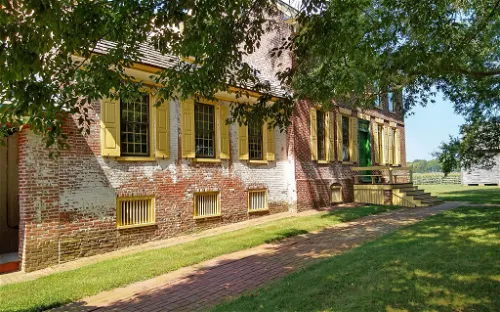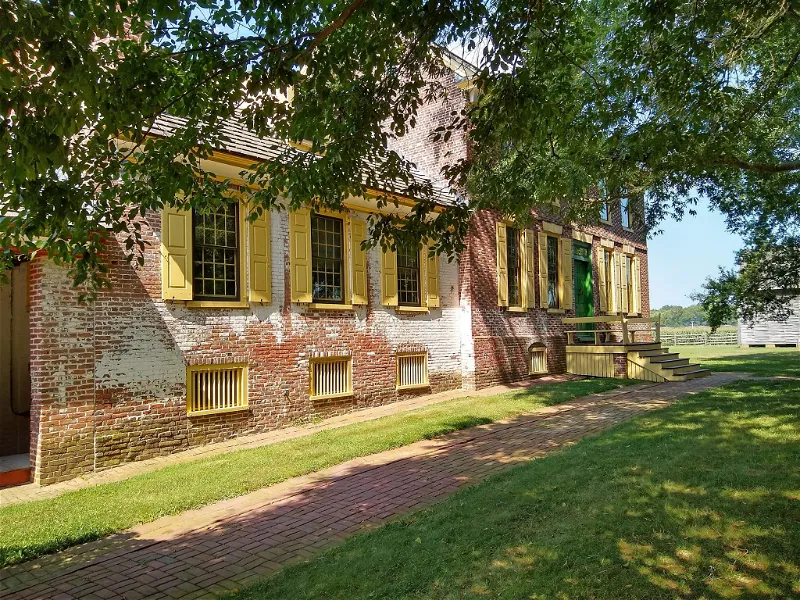John Dickinson Plantation and its collection
The John Dickinson House, also known as Poplar Hall, is a National Historic Landmark. It is situated on the John Dickinson Plantation in Kent County, Delaware, just 5 miles south of Dover. This historic site was the boyhood home of Founding Father John Dickinson, a key figure in the formation of the United States.
Management and Status of the John Dickinson House
The John Dickinson House is owned by the State of Delaware and is managed as a museum by the Delaware Division of Historical and Cultural Affairs. In 2013, it was incorporated into the First State National Historical Park, further cementing its status as a significant historical site.
Architecture and History of the Main House
The main house of the John Dickinson Plantation is an Early Georgian mansion. It was constructed on a 13,000-acre plantation in 1739-40 by Judge Samuel Dickinson, the father of John Dickinson. Additional wings were added to the mansion in 1752 and 1754, expanding its size and grandeur.
History & Anthropology Historic house Person & Artist







